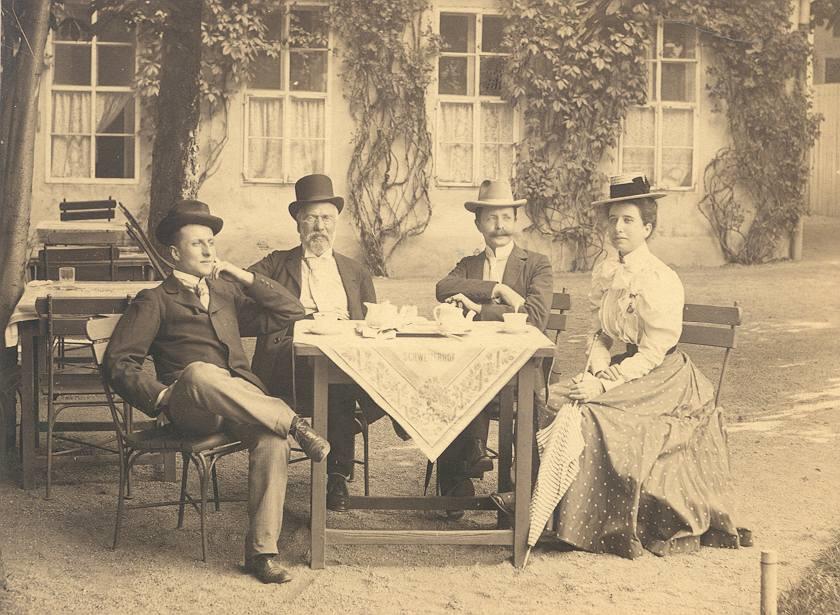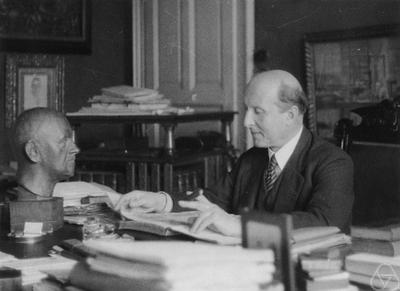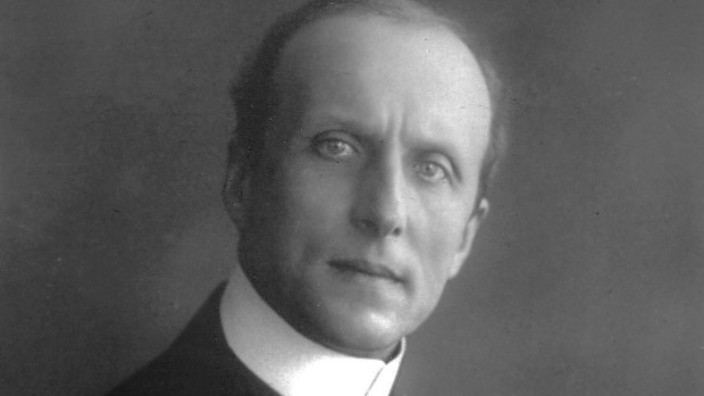Constantin Caratheodory was the greatest Greek mathematician since antiquity and one of the most influential mathematicians of the 20th century. He made important contributions to the theory of real functions, to the calculus of variations and to the theory of point-set measure.
Early Life and Academic Success:
Constantin was born in Berlin in 1873 to a Greek noble family and studied engineering in Belgium.
After two years as an assistant engineer on the Aswan dam project in Egypt, Constantin decided to return to Berlin and study mathematics at the University of Berlin.
In 1905, he became an Associate Professor at the University of Gottingen in Germany, while in 1909 he became Professor at the University of Hanover. Finally in 1918, he became Chairman of the Department of Mathematics at the University of Berlin.

Later, Constantin accepted a post at the University of Smyrna, which the Greeks were setting up in Anatolia. When the Turks razed Smyrna in 1922, Constantin managed to save the university library, which he moved to the University of Athens, where he taught until 1924.
In 1924, Constantin was appointed Professor of Mathematics in the University of Munich.
In 1930, Constantin was reinvited by then-Greek Prime Minister, Eleutherios Venizelos, to reorganise the administration of the University of Athens and the University of Thessaloniki. For 50 years, the two universities functioned successfully thanks to Constantin’s administrative system.
Two years later, he resigned from his position in the Greek universities and moved back to the University of Munich. He would remain in Munich for the rest of his life, where he made some of the most groundbreaking mathematical discoveries in the history of mankind.
Mathematical Discoveries and Einstein:

Constantin had over 60 scientific publications in his academic career. His most significant contributions to mathematics were in the calculus of variations, in the theory of real functions, set theory, geometry, calculus, complex numbers and mathematical analysis.
He also created new theorems, most of which today bear his name and solved mathematical problems that troubled mathematicians such as Gauss and Euler for hundreds of years.
He also contributed to thermodynamics.
Constantin is known to have been the mentor and teacher of Nobel-prize winning physicist Albert Einstein, according to Einstein’s own statements.
Einstein first contacted Constantin in 1916, seeking his help to solve mathematical problems that for Constantin were “classical.” The latter answered in 10 days.
It was Constantin who also helped Einstein complete the theory of relativity, since Constantin had also been heavily involved with it himself.
In his final interview, Albert Einstein confessed: “You ask me to answer to all sorts of questions, but no one has ever wanted to know who was my teacher, who showed me the way to the higher mathematical science, thought and research. I simply say that my teacher was the unrivalled Greek Konstantinos Karatheodoris, to who we owe everything…”
Death and Legacy:
Constantin died at the age of 76 on February 2, 1950.
In 2002, in recognition of his achievements, the University of Munich named one of the largest lecture rooms in the mathematical institute the Constantin-Carathéodory Lecture Hall.
In the town of Nea Vyssa, where Constantin’s family came from, there is also a unique Constantin family museum. The museum is located in the central square of the town and there are many personal items of Constantin as well as letters that he had exchanged with Einstein.
Source: Greatest Greeks.

